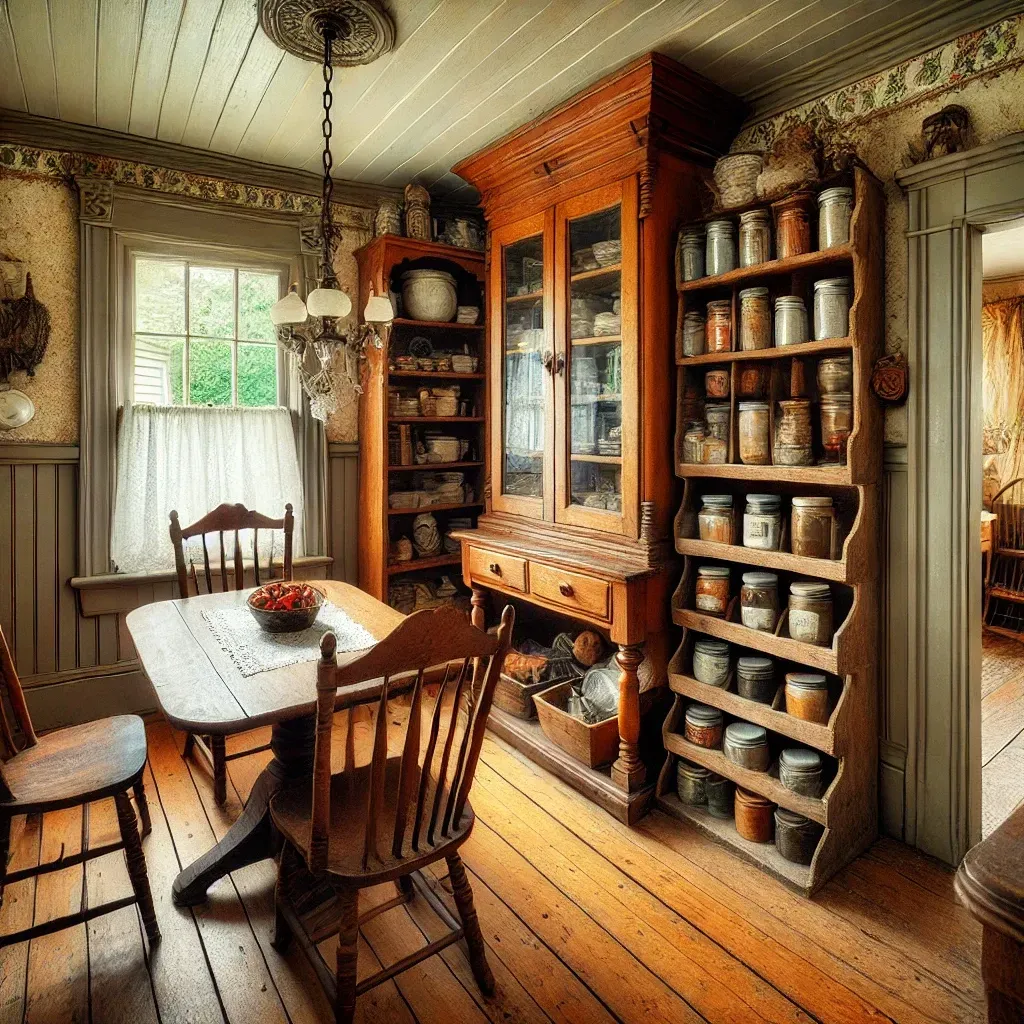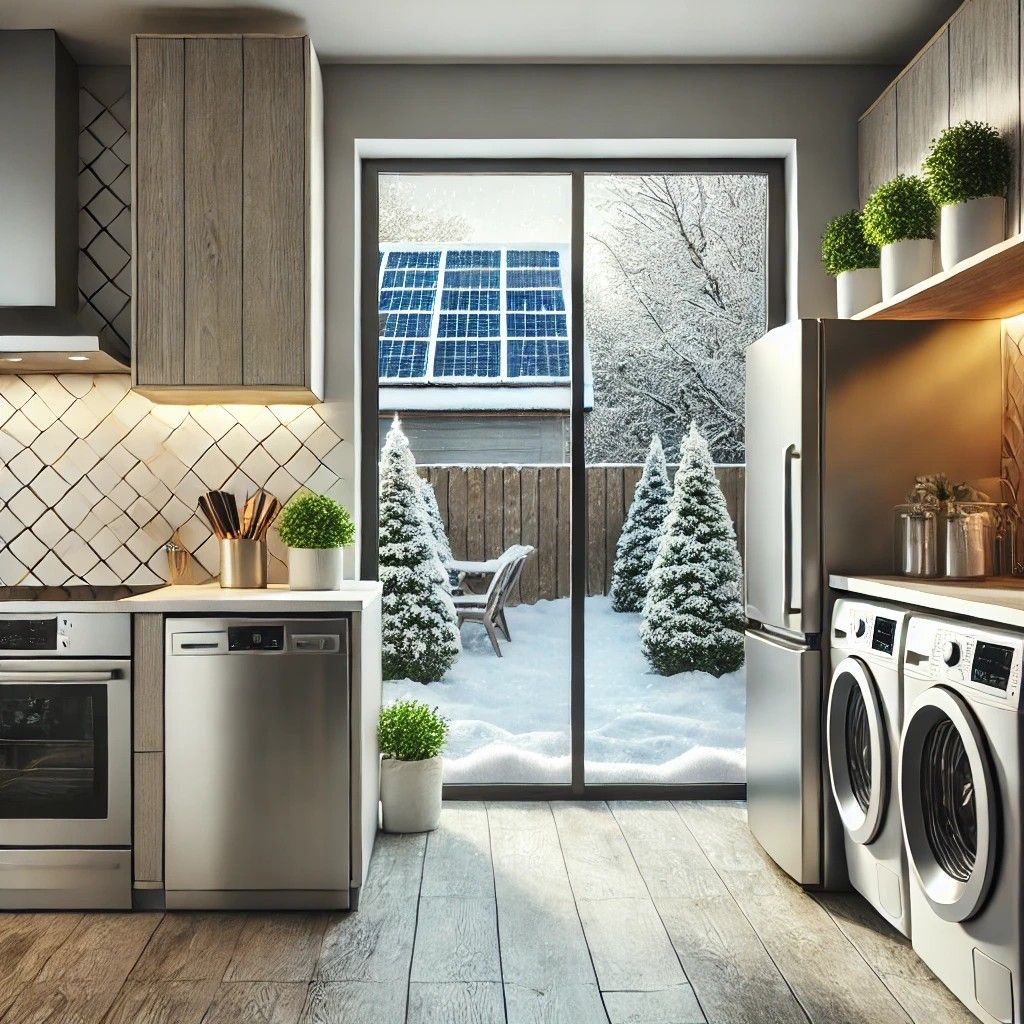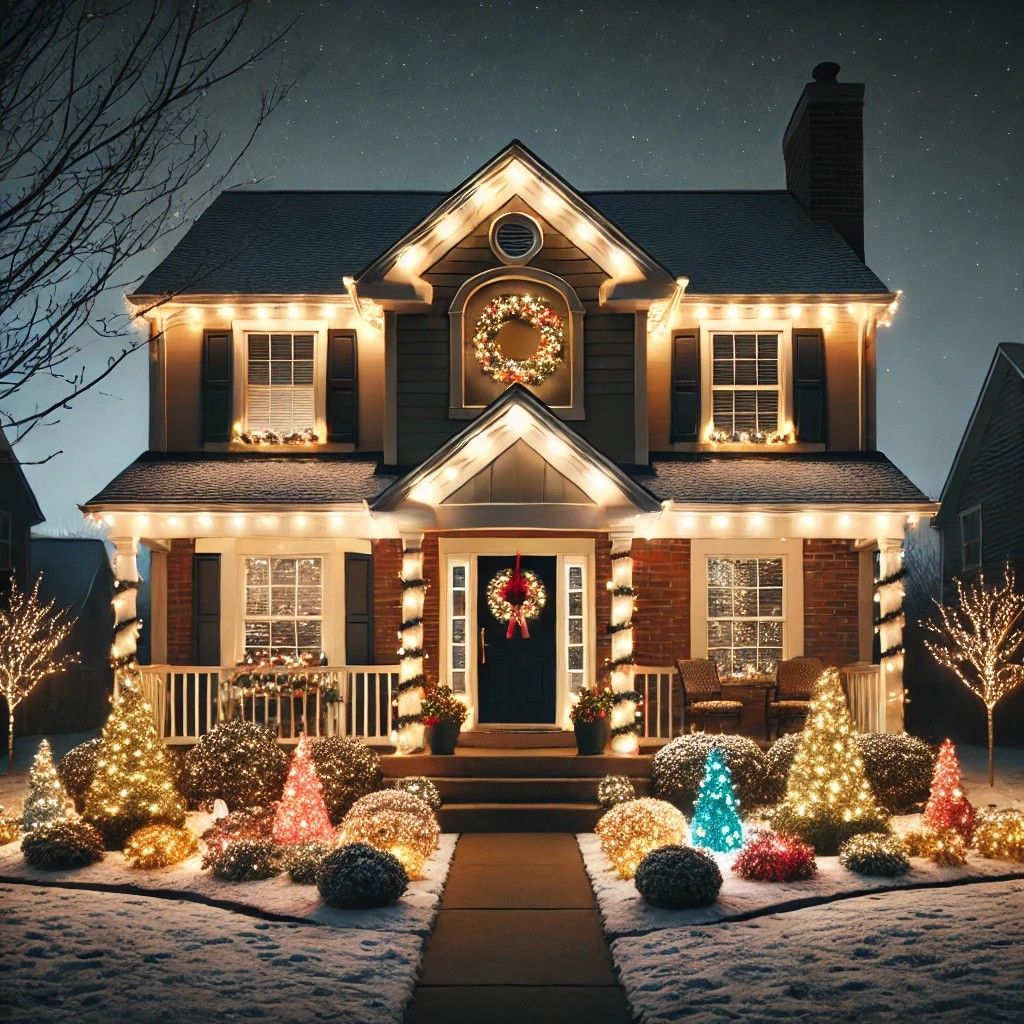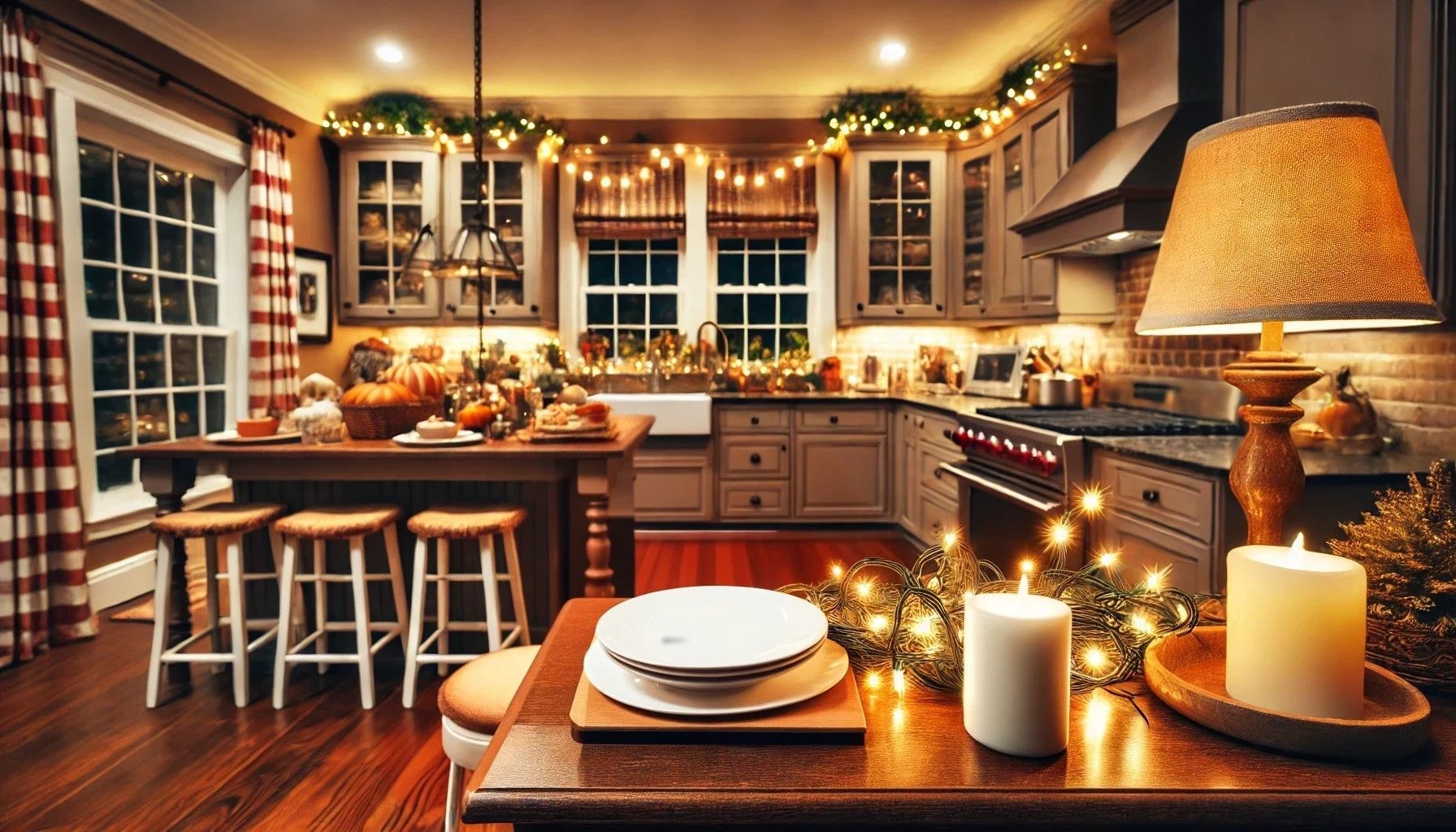(215) - 398-3404
Preparing for Winter Electrical Needs

As winter approaches in Bucks County, it’s essential to prepare your home’s electrical system to handle increased energy demands. At AllPhases Electric, we know that a well-maintained electrical system can help keep your home safe and cozy throughout the coldest months. This guide covers essential winter preparation steps to ensure your home's electrical system runs smoothly, preventing outages and ensuring safety.
Why Winter Preparation is Essential for Electrical Systems
Winter weather can stress your home’s electrical setup, as heating systems, lighting, and appliances work overtime. Snow, ice, and cold temperatures can also impact outdoor electrical components and power lines. Proactive preparation helps protect your system against breakdowns and increases energy efficiency, saving you on heating and electrical costs.
1. Inspect and Upgrade Your Heating Systems
The winter season calls for heating systems to work nonstop. Here are some essential steps:
- HVAC Maintenance: Ensure your heating, ventilation, and air conditioning (HVAC) system is in good working order. An efficient HVAC system will reduce the electrical load and maintain consistent warmth.
- Thermostat Check: Test and recalibrate your thermostat to avoid overloading the system. Smart thermostats are a great choice for Bucks County winters, optimizing heating efficiency and cutting down on energy costs.
- Electric Heaters: If you use space heaters, ensure they are functioning safely and efficiently, and avoid using multiple heaters on the same circuit to prevent overload.
2. Test and Replace Smoke and Carbon Monoxide Detectors
Winter is the peak season for house fires and carbon monoxide risks due to increased heating. Make sure to:
- Test Batteries: Regularly test smoke and carbon monoxide detectors and replace batteries as needed.
- Upgrade Devices: Consider switching to hardwired or interconnected devices for added safety, ensuring your family is alerted immediately in any room of the house.
3. Consider a Generator for Power Backup
In Bucks County, winter storms can lead to power outages. A backup generator can keep critical appliances running and ensure heat remains on. Here's how to choose:
- Portable vs. Standby: A portable generator can be a quick solution, but a standby generator provides long-term reliability, automatically kicking in during a power outage.
- Professional Installation: AllPhases Electric recommends having a certified electrician install standby generators to guarantee safety and code compliance.
4. Inspect and Protect Outdoor Electrical Components
Outdoor outlets, lighting, and wires can be vulnerable to cold and wet weather. To prepare:
- Weatherproof Outlets: Install weatherproof covers on outdoor outlets to protect them from moisture.
- Inspect Cables and Wiring: Check outdoor cables for fraying or cracks and replace any that appear damaged.
- Surge Protection: Protect sensitive electronics and appliances inside the home from power surges due to fluctuating outdoor temperatures and storms.
5. Check Circuit Breakers and Electrical Panel
During winter, your electrical panel may need to handle more power. Make sure it's up to the task:
- Inspect for Overloads: Test circuit breakers and confirm none are overloaded or prone to tripping.
- Panel Upgrade: If your electrical panel is outdated or undersized, consider an upgrade to handle increased demands and improve efficiency.
6. Reduce Phantom Energy Loads
Phantom loads, or devices that consume power even when turned off, can add up during winter when power use is already high. Unplugging unused devices or using smart power strips can reduce these extra costs.
When to Call AllPhases Electric for Professional Help
Whether it’s inspecting your panel, installing surge protectors, or setting up a generator, AllPhases Electric is here to ensure your home is winter-ready. Our experienced technicians provide reliable, timely service to help you feel confident in your home’s electrical performance. Don’t wait until the cold sets in—schedule a winter readiness inspection today!
SERVING
and Surrounding Areas
HOURS
CONTACT US
Master Electrical License #051603











Share On: